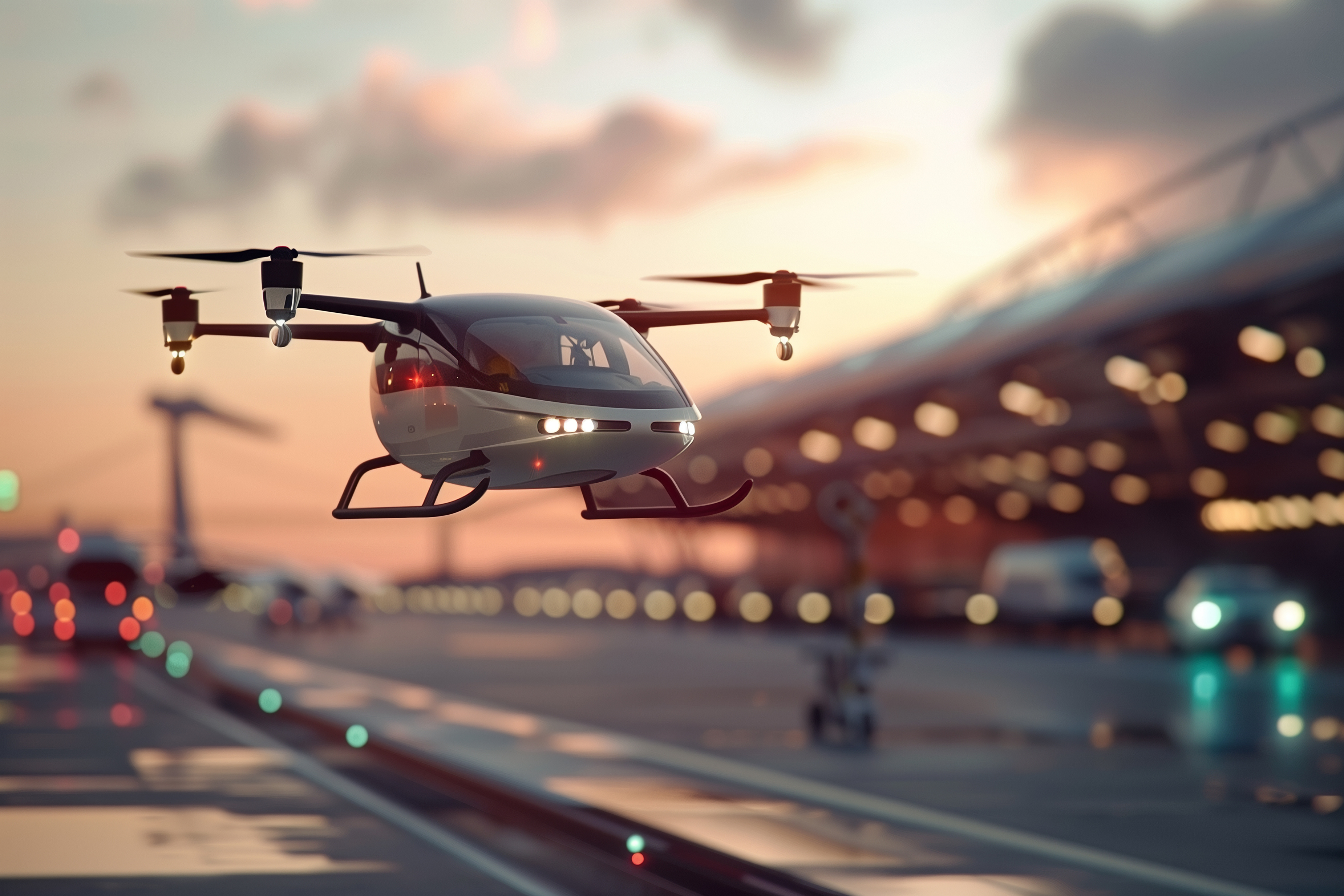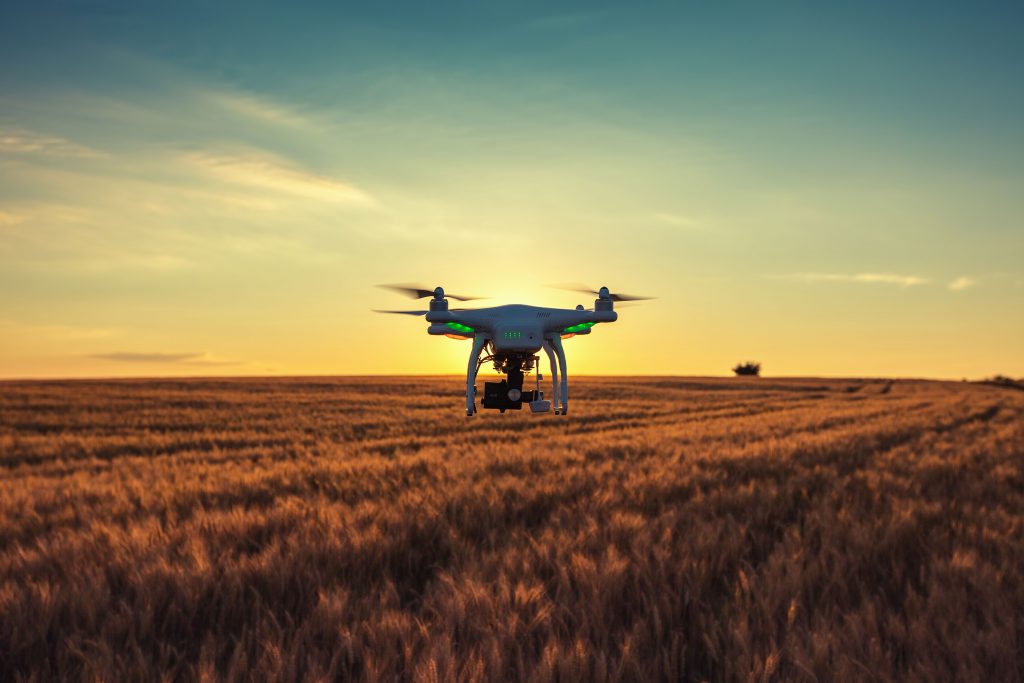Unlocking the potential of drones and advanced air mobility in the UK
The UK Research and Innovation (UKRI) Future Flight Challenge (FFC), delivered by Innovate UK and the Economic and Social Research Council (ESRC), is helping build the ecosystem needed to accelerate the introduction of advance air mobility, drones, and zero-emission regional aircraft in the UK.
Working with industry, academia, government and regulators, and stakeholders across the country, the FFC is co-funded by industry and the UK government to support the development of future flight services and enabling technologies such as AI and autonomy, digital communications, and electric propulsion.
As part of the FFC programme of work, the Future Flight Community Integration Group (CIG) commissioned a report that explores the practicalities of integrating drones and advanced air mobility (AAM) technologies across regions in the UK. Midlands Aerospace Alliance and Achieving the Difference partnered to conduct the case study into the future use of drones and AAM within the UK. It looks specifically at the practicalities of integrating and operating drones and AAM. Greater Manchester was selected as the sample area for this study, following consultation with several other potential regions.
The CIG is focused on fostering collaboration between local authorities, industry, and other stakeholders to ensure the successful deployment of these emerging technologies. By addressing both opportunities and challenges, the report aims to guide decision-makers in realising the socio-economic and environmental benefits of future flight systems.

Opportunities: what drones and AAM bring to the table
- Medical deliveries: Rapid transport of critical medical supplies to save lives, particularly in remote areas.
- Traffic management: Real-time traffic monitoring to reduce congestion and emissions.
- Infrastructure inspections: Safer and more cost-effective asset surveys without the need for manual inspections.
With strategic deployment, these technologies can improve regional accessibility and economic outcomes, supported by local drone hubs managed collaboratively by public and private sectors.
Challenges: navigating the roadblocks
- Regulatory evolution: Updated guidelines are needed for flight restrictions and beyond-visual-line-of-sight (BVLOS) operations to ensure safe and scalable adoption.
- Public acceptance: Addressing concerns about noise, privacy, and wildlife impacts is crucial for gaining public trust.
- Infrastructure and funding: Developing hubs and networks requires innovative funding models to overcome financial challenges.
Insights from the project
Clive Lewis, Technology Manager at Midlands Aerospace Alliance, commented: “The national benefits and challenges of drone and AAM operations at scale have been estimated and shared in earlier reports. In contrast, this report provides greater focus on the impact at regional level and identifies a wide range of economic and societal benefits for the region studied.
“In addition to the known national challenges, it demonstrates that local stakeholders may have their own particular concerns that might need local solutions rather than a one size fits all approach. However, some of the challenges and potential solutions identified for Greater Manchester have national implication, including how wildlife is protected.
“Engagement with stakeholders demonstrated that the level of awareness of the benefits and maturity of these new technologies varies widely between regions and within them. This will need to be accounted for as services are rolled out across different parts of the country.”
Collaboration as the key to success
The full potential of drones and AAM can only be realised through partnerships between government, industry, and local authorities. Pilot projects, public demonstrations, and education are key to building trust and refining these technologies.
Download this report and explore the findings and see how they can help shape your next steps.
Related programme

Future Flight Challenge
Building the aviation ecosystem needed to speed up the introduction of electric sub-regional aircraft, advanced air mobility vehicles and drones into the UK.

